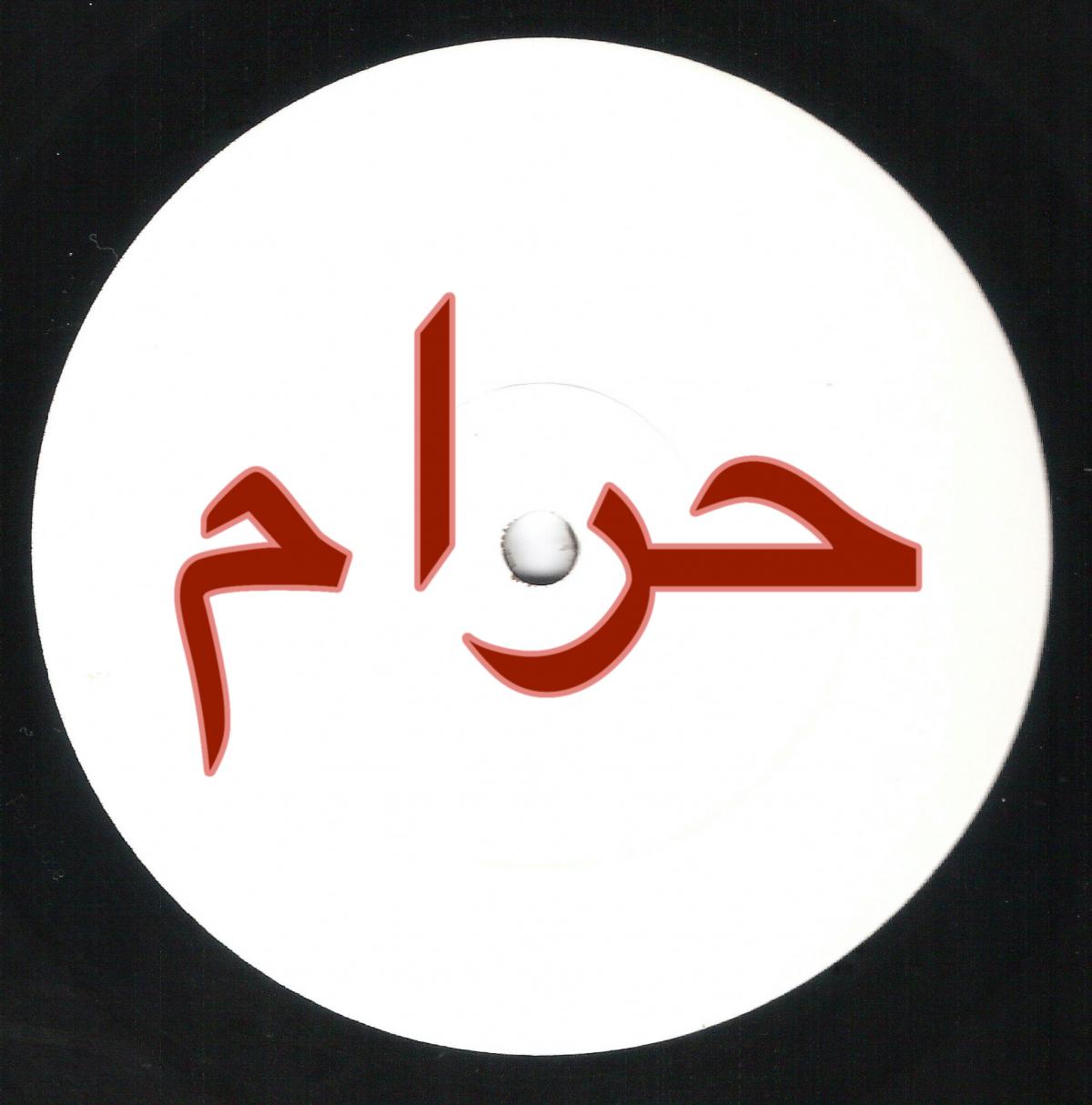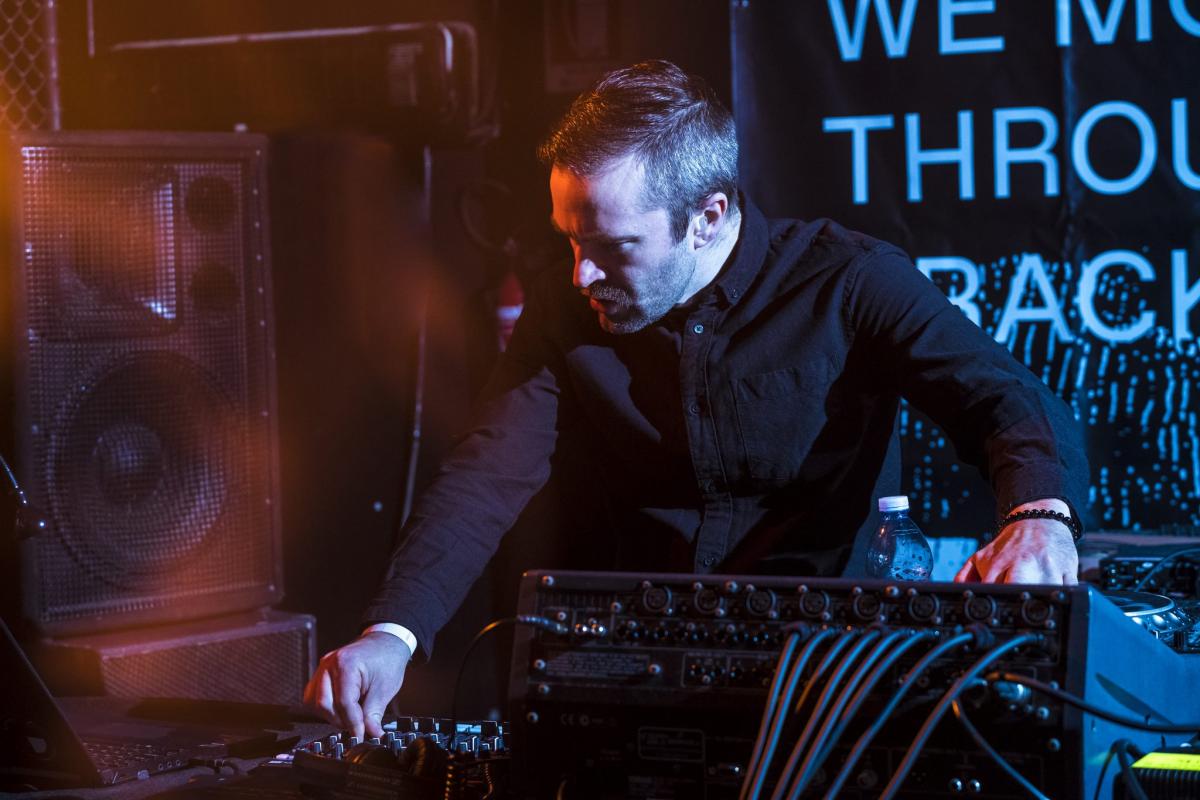
Sampling the Sacred in House Music
Since 1984, house music has plundered the musical language and recordings of Christianity, particularly the Pentecostal and Gospel traditions, without stirring any apparent backlash. Yet, in recent years dance music producers have attempted to sample comparable Islamic sonic materials and courted controversy with the establishment in North Africa and the Middle East. Is sampling a tool that can be used indiscriminately across cultures? Or are there limits to its reach?
In March 2017, whilst DJing the Orbit Festival in Tunisia, London-born producer Dax J played a track that sampled a segment of the Adhan (the Muslim call to prayer). Dax J was given a 1-year prison sentence for «morals violations» and «attacking religious feeling» (Unicomb 2017). In a similar incident, when DJing in April 2018 at Lebanese club, The Gärten, German DJ Acid Pauli played verses of the Quran. The club was subsequently ordered to close for «promoting material that offends religious beliefs» (McDermott 2018). Finally, in July 2018, the Bosnian-German producer and DJ Solomun published a public apology for playing a track at Italy’s Kappa Future Festival that again sampled the Adhan (Kolada 2018).
Sampling Between Secularism and Theocracy
These tracks and the response to their performances are clear indicators of a problem that operates across continents but in a liminal space; being at once a criminal offence that is far beyond what would be considered appropriate for some, and yet also «fair game» for some producers and others in the dance music community. An examination of the comments on Solomun’s Facebook apology reveals the extent to which this issue is polarized:
Solomun's Apology Post on Facebook (photo: Facebook, 2018)
However, the debate as to what is or is not permissible in these instances is likely symbolic of deeper political and ideological differences. It would be overly simplistic to attribute these divisions to the entrenched Euro-American West and MENA (Middle East North Africa) dichotomy. Furthermore, attributing blame to the differences in the legal position of sampling in these countries would also be wasted effort. Indeed, in the case of Dax J, Acid Pauli, and Solomun, sampling is not merely a copyright issue (Crum 2008), but has become a politically charged act trapped between secularism and theocracy.1
Sampling Christian Material in House Music
The blending of religious elements into dance music is not a recent development. Disco culture and music presented a form of secular worship, informed by African American Christian music, with allusions to the soul, spirituality, and community, but with the inconveniently judgemental deity removed to allow for LGBTQ+ minorities and marginalized groups to participate without condemnation (Maloney 2018). Early disco music would not have existed without the incorporation of religious elements, and disco’s musical DNA was passed down to its descendent: house music (ibid.).
The early-mid canon of house music (1984–1999 approximately) is replete with tracks that sample Christian elements. Sermons, speeches, instrumental phrases, vocalists, and even the shouts of a congregation have all been sampled with regularity. Sampling allows for a community’s sonic history to be recontextualized; for a community to recognize and worship their ancestors through music; for performing musical cannibalism, imbuing one with the power of their enemies vanquished through sampling; for teaching younger generations; to aid in creating a living archive of a culture’s materials; and many other motivations (Burkhalter 2016, Lori and Lacasse 2018, Harkins 2011). House music samples liberally and consistently, flippantly performing itself through plunderphonics often referencing its Christian heritage. Yet, the Tunisian and Lebanese governments’ aversion to the same processes is certainly noteworthy, as is the severity of punitive measures taken in response to infractions around the sampling of Islamic sonic materials.
From Insiders to Outsiders
However, this is not to position Christianity against Islam. Rather, it is to demonstrate popular Christianity’s lack of concern with how its sonic materials are manipulated and to suggest this is a consequence of two factors. Firstly, that dance music began as a partial continuation of the lineage of religiously-inspired musics (gospel, soul, disco; Reynolds 2012), and secondly, these samples were originally employed by musicians and producers who grew up in the Chicago church tradition and operated within those communities (Lawrence 2016). House music and the sampling of Christian elements is a product of the church itself. In simple terms; house music is a secular pseudo-religious music where the «focus of worship is to the community» (Rietveld 2004) and not God, although the boundary between what is or is not religious is a fairly porous one in house music.
In the alternative position evident in the Dax J, Acid Pauli, and Solomun cases, it is possible to view these instances of the sampling of Islamic sonic materials in dance music as an incursion into a sacred space and community to which the creators of the music do not themselves belong. It is not the community recycling and recontextualizing its own musical language back into itself. It is not dignifying and recognizing a lineage of Muezzins. The practice of sampling the sacred is performed by Western outsiders who could at best plead ignorance, or in more serious terms could be accused of orientalism or barefaced profiteering. To further compound the issue: sampling religious materials may be seen as a broader acceptance of dance music’s original audiences (Maan 2017) such as LGBTQ+ minorities, in locations where conservative theocracy defines morality. In the Dax J incident, the governor of the town commented that arrests had been made for «violation against good morals and public outrage against modesty» (Unicomb 2017).
When House Music and Sampling Become Divisive
Sampling has entered a period where it is not merely a process, but also a medium that is emblematic of broader political tensions. Sampling in these instances stands as a microcosm for political and ideological disparities across the globe. It saddens me that both a form of music galvanized by protest against oppressive heteronormative standards, and a technique that articulated the history of marginalized African American communities, have become divisive processes. At the risk of courting controversy here, we must acknowledge the underlying question as to whether dance music culture (a culture born out of a need for areligious expression from LGBTQ+ and marginalized communities) and one of the primary tools it uses to articulate itself and its message (such as sampling), are compatible with conservative values and theocratic political positioning.
I do not believe they are. Sampling here represents freedom of speech and the freedom to criticize regimes. It is unlikely that would ever be welcomed by conservative theocracies. However, in the cases discussed here we see only outsiders making an incursion into a community of which they are not a part. What would happen if members of those same communities began to employ such tools to articulate their own experiences through dance music? And what would a pseudo-religious house music grown from Islam rather than Christianity sound like?
- 1. A country or state ruled by religious leaders.
List of References
This article is part of Norient’s online publication Sampling Politics Today, published in 2020 as part of the research project «Glocal Sounds – Re-Working and Re-Coding Place References» (No. 162797), funded by the Swiss National Science Foundation (SNSF) and supported by the Bern University of the Arts HKB.
Bibliographic Record: Maloney, Liam Thomas. 2020. «Sampling the Sacred in House Music». In Sampling Politics Today, edited by Hannes Liechti, Thomas Burkhalter, and Philipp Rhensius (Norient Sound Series 1). Bern: Norient. DOI: 10.56513/nftg6449-3.
Biography
Links
Published on September 24, 2020
Last updated on April 09, 2024
Topics
Special
Snap


